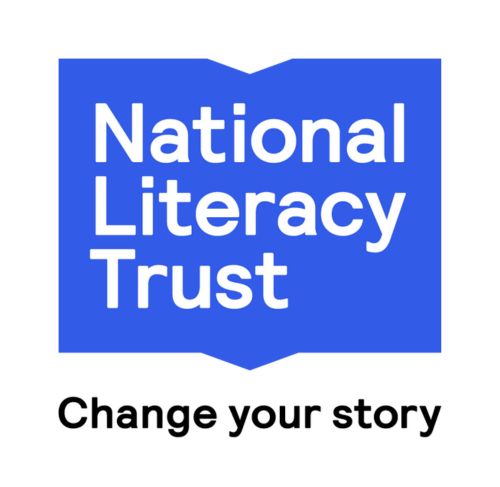Support your child’s story-telling skills
Tips for supporting story–telling skills in children aged five to 11 years.
Why is story-telling important?
Story-telling skills (also called narrative skills) means how we tell or write about something that has happened. We do this every day, for example in conversations with friends or when our child tells us about their day at school. It’s a really important communication skill; it helps us to connect with others, to make sense of events that have happened and to predict what might happen next.
How does the skill of story-telling develop?
Story-telling is a skill that develops over time. Here are some of the skills your child will learn as their story-telling develops.
| Age | Story-telling skills |
| By 5 years | Most children are able to re-tell some of their favourite stories in their own words. They can make up their own short stories about something simple. |
| By 9 years | Most children can tell interesting stories using different tones of voice. They can use lots of different words to make their stories sound exciting. |
| By 11 years | Most children can tell even longer stories and use more complicated words to join sentences together, such as ’meanwhile’ and ‘therefore.’ |
How will I know if my child finds story-telling tricky?
Some children find it hard to tell or make up stories. This might show in their written work at school as well as in their talking. Their stories may be muddled, making them difficult to follow.
How can I support my child?
You can help your child by letting them know when you’re confused and helping them to include all the important information in the right order. Using pictures or photos can help with this. There are lots of ideas below that will support your child with story-telling.
Stories need to be told in a particular order with a clear beginning, a middle and an ending. Help your child learn these words by talking about them in everyday conversations. Start by talking about these words in the ‘here and now’ with things that your child can see. For example, ‘This toy is at the beginning of the line. This toy is in the middle of the line, and this toy is at the end of the line.’
Then, you can move onto using these words to talk about stories or about things you have done. When you can, use pictures to help your child understand. For example, ‘At the beginning of the day, it was sunny. In the middle of the day, it rained, and at the end of the day, it was sunny again!’.
An early part of telling stories is being able to talk about daily routines and activities in the right order. So, practise this skill with your child by talking about things like brushing your teeth or making a sandwich. Use simple sentences to talk about what you are doing and in what order.
Try taking three or four photos on your phone during an activity at home (like baking a cake) or a trip to the park. The photos should show what you/your child did at the beginning, middle and end of the activity. Use these photos with your child to tell the story of what happened. You can tell the story first and then see if your child wants to have a go.
Reading with your child is a great way to introduce them to the idea of stories. Talk about who is in the story, where it is and what happens. Find out what your child likes or dislikes about the book. Instead of asking them lots of questions, try commenting on the story then waiting to see if they tell you something. You could say, ‘I liked the bit where…’ and then wait to see if they say something. They might tell you what they thought about this part, or what they liked about the story.
See if your child can retell you a story they know well. You could use puppets or toys to act out the story with them. You could also draw some of the things that happen in the story together to help them remember everything.
Stories are not just found in books. Try making up imaginative stories to tell your child, tell them stories about your life or tell them about a film you’ve watched. In this way, you are showing them how to tell a story, including everything that happened and making it interesting for them to listen to. Look for opportunities when they can tell you stories too, such as describing a programme they’ve watched or telling you about a video game they’ve played. Ask open questions that encourage your child to give you lots of information, for example, ‘Tell me about what you did on your school trip’.
If you speak a language other than English at home, your child will benefit from hearing you tell stories in that language. See our factsheet on children learning more than one language for more information.
Useful websites

The National Literacy Trust website

Handy activity booklets from Words for Life
